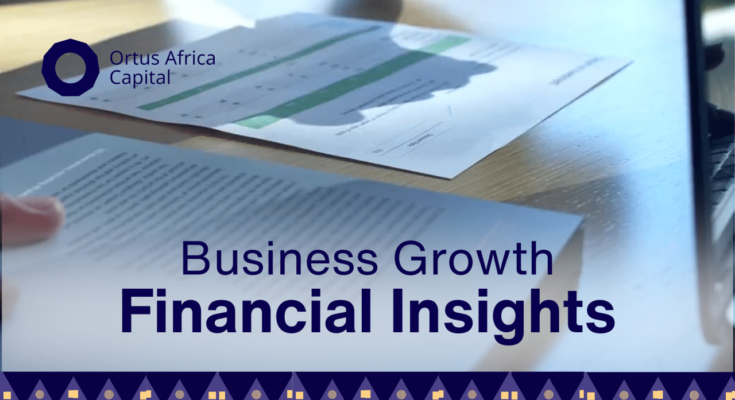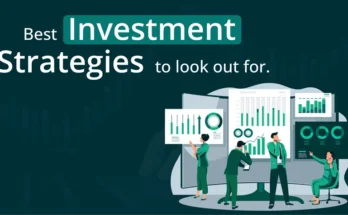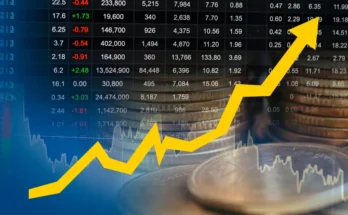In the zones of money related business, where markets evade and putting resources into can build and significantly harm vast totals, the CFA – the Chartered Financial Analyst closeness asserts itself boldly and dependably. So what does it mean to be a CFA, and how does this designation prepare people to unravel and navigate markets with great precision that can inform decision making across a firm? To what extent does the CFA unleash the professional’s capability to thrive in today’s complex economic world, equipped with potent training and strategic structures?
The CFA Program Quantity and Quality of Mapping
A Journey of Rigor and Mastery It is not easy to earn the CFA charter. The CFA or the Chartered Financial Analyst program again is offered by the CFA Institute and comprises three levels of exams progressively getting harder, wherein the contents include ethics, portfolio, and stock management, corporate finance, and high-level investment strategies. Candidates are also required to provide proof of work experience along with sufficiently meet the CFA Institute Code of Ethics and Standards of Professional Conduct.
CFA, commonly known as chartered financial analyst, is a rigorous program for people who want to become analysts or investors. When candidates achieve their charter, they possess a unique knowledge of the operation of the marketplace, associated risks, and intrinsic and extrinsic motivational forces. These aspects of the training, shaping the profes- sionalism of a CFA, means that CFA is not just the effective and efficient money mind, but a responsible and ethical guardian of the capital in the chaotic world.
Decoding Complex Markets How CFAs Navigate Uncertainty
Many more sources of information and extremely dynamic markets, which have accelerated during the past several decades, make the financial profession more and more complex. Sometimes it could be geo-political risks, other times it could be technological factors or even behavioral changes like sentiment changes in the marketplace, that makes it paramount to be able to decipher the signals within the noise. It is here that the CFA’s education is a notably more extensive program.
CFA’s are educated to apply a disciplined and analytical approach when analyzing markets. They know financial modeling, use scenario analysis and economic forecasting to make them in a position to evaluate potential risks/rewards of investment opportunities. The best feature of a CFA is its capability to eliminate noise and pay attention only to those things that actually count.
In this article, the fundamental analysis, one of the most important concepts introduced in the CFA program will be described. In this way, the CFAs can use the knowledge of the company as to how it can be valued, analyze the industry in which the company operates and analyze how macroeconomic factors such as inflation or interest rates will affect the investment on the balance.
In addition, the CFAs have the knowledge in quantitative methods such as statistics and financial modeling which enable them to analyze and seriously deconstruct all manner of financial statements and even estimate future results. This quantitative orientation is especially valuable in a shady environment where now complicated indicators may shed the most light on the best direction.
Ethical Decision-Making: A CFA’s Guiding Principle
Interestingly, one of the prominent standpoints that set the CFA charter out from other charters is the emphasis on ethical considerations. The code of Ethics and Standards of professional conduct of CFA Institute compel its members to justify and be ethical, and to be transparent professional in all aspects of their profession. This ethical premise reinvents the bar for CFA candidates not only as masters of specific financial techniques but as fiduciaries of client interest.
At times, the global financial market is fraught with scandals and manipulations, but, at the same time, the moral principles that work at organizations and for which a CF has obtained certification contribute to the strengthening of people’s trust in the financial world. As such, clients, whether retail or institutional, can trust that any investment being considered by a CFA will be done so with the principle of ethics and integrity.
Conclusion: Financial Management for Modern Economy
CFA is simply not only the acronym for the qualification, it is the reflection of a deep level of experience in finance, fundamental analysis of the markets, and personal ethical standards. Due to the increased integration and high levels of risk in the World financial markets the issues of decoding certain data, monitoring trends and making proper decisions has never been as important as now.
CFA charter holders are amongst the most competent experts to assist people and companies navigate the complex environment of the contemporary financial markets, and their mix of quantitative approach and moral standards is vital in the rapidly changing financial environment. Through the ever twisting and turning markets comes a friend, a CFA that guides you through an horizon of strategic and financial specificities



